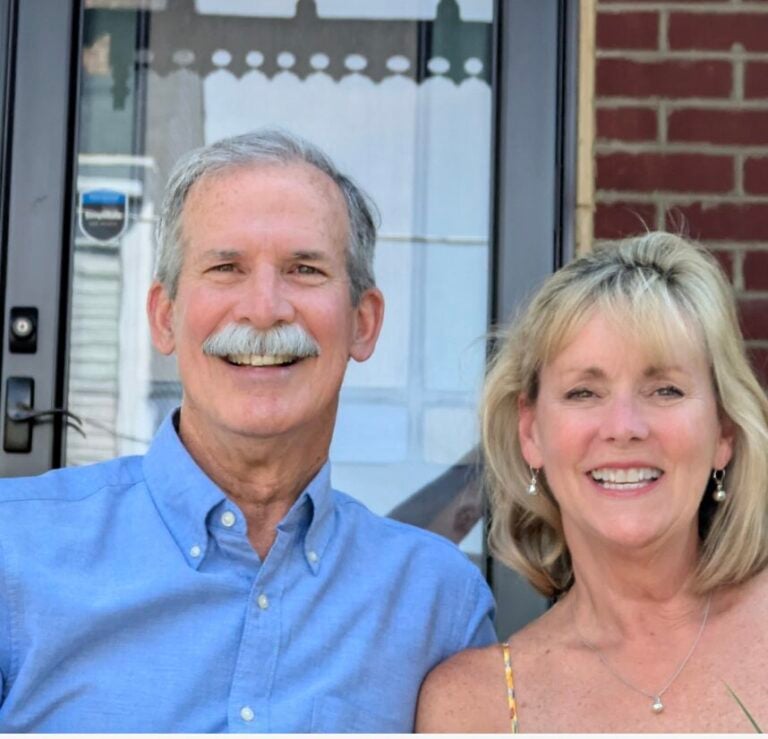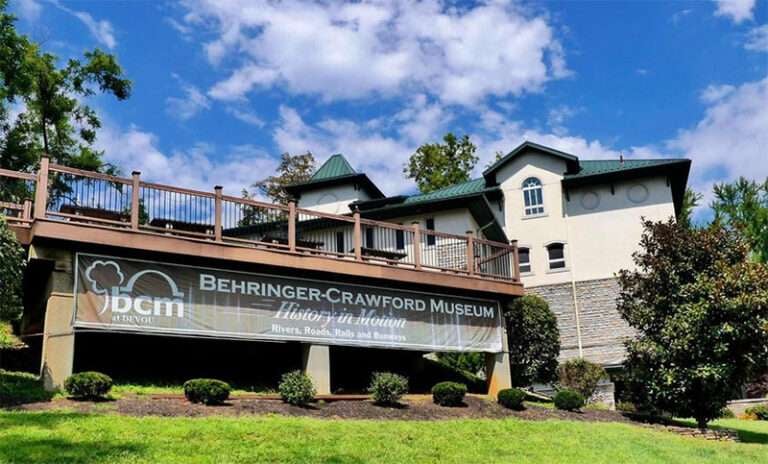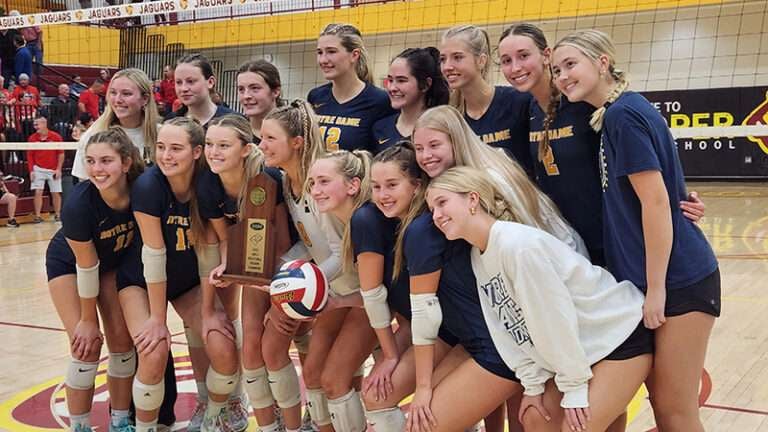By Steve Flairty
NKyTribune columnist
When we’re talking sports in the Bluegrass, the state is likely most known as a basketball and horse racing state. That is well-established.
Don’t look now, but in recent years, many Kentuckians playing baseball have worked their way into the major leagues. Names like Joe Blanton, Corey Hart, Collin Cowgill, Tyler Clippard, Mark Reynolds and many others have appeared in box scores at that level. Years before, the state produced Hall of Famers such as Jim Bunning, Harold “Pee Wee” Reese, Earl Combs, and A.B. “Happy” Chandler (as baseball commissioner rather than player).
Two major leaguers involved in arguably the most tragic major league game in the history of the nation’s pastime were both native Kentuckians. It was played at New York’s Yankee Stadium on August 16, 1920.

Ray Chapman, born in Beaver Dam, Kentucky, was hit in the head while batting by a ball thrown by pitcher Carl Mays, born in Liberty. Mays was a Yankee and Chapman played for the Cleveland Indians. Chapman died the following morning, on April 17, in a New York Hospital after surgery a few hours preceding his death. According to the New York Times, Mays “said he threw a high fast ball at a time when Chapman was crouched over the plate. He thought the ball hit the handle of Chapman’s bat, for he fielded the ball and tossed it to first base.
“It wasn’t until after that, when he saw Umpire Connelly calling to the stands for a physician, that he realized he had hit Chapman in the head. Manager Miller Huggins of the Yankees believes Chapman’s left foot may have caught in the ground in some manner which prevented him from stepping out of the ball’s way. Manager Huggins explained that batsmen usually had one foot loose and free at just such moments and Chapman had got out of the way of the same kind of pitched balls before.”
Though Mays had a reputation as a one who wouldn’t hesitate to throw at batters, he “voluntarily went before Assistant District Attorney Joyce and was exonerated of all blame,” continued the Times.
Allan Wood, writing for the Society for American Baseball Research (SABR), said Mays “perhaps was the most disliked player of his era” and referenced F.C. Lane as calling him a “strange, cynical figure” who “aroused more ill will, more positive resentment than any other baseball player on record.” Ironically, Mays was one of eight children and his father was a traveling Methodist minister who died when Carl was 12.
Chapman was well-liked, by most accounts, and the year 1920 was planned to be his last year as an active player.
It should be pointed out that the tragic beaning occurred in an era before effective batting helmets were worn, which were later mandated in 1956 for the National League and in 1958 for the American.
Kentucky by Heart has shared some uplifting stories of Kentucky politicians who garnered respect from several of my readers for both their effectiveness and high character. Let me add another one this week from Landra Lewis, Berea, who formerly ran for a Kentucky state senate seat.
“Born and raised a Republican but left-leaning, by 1988 I was suffering the moral dilemma of loyalty to family or conscience,” said Lewis. “Knowing then Democratic Lt. Gov. Brereton Jones had been a Republican, I decided to call his office to see if I could speak with him. He called me from home the next evening and spent more than an hour discussing my concerns and politics in general. I have been a Democrat since.”
I was honored to have acclaimed writer David Dick write the foreword for my first volume of the Kentucky’s Everyday Heroes series, published in 2008. In this passage from the foreword, he hit the proper chord for what I most often hope to portray in all my writing about Kentucky. It took David a while to realize what treasures were there to mine, but when he did, he and his wife, Lalie, gained quite a following in their writing about the “quiet Kentuckians.” Here is what David penned:
When I returned, in 1955, from the Philippine Islands, following a four-year tour of duty with the U.S. Navy, I had a strong desire to become a California writer.
I would specialize in Kentucky stereotypes. They’d be my meat and potatoes. They’d be my passport to fame.
And why not? The hillbilly characters were there for the raucous laughing, the tasting of much better fruit—Hatfield and McCoys, and other feuds galore.
I would quickly tidy up my degree in English literature at UCLA, which I’d begun in 1948 at the University of Kentucky. I would sit at the table where the stereotypers feast.
I was one of those refugees from the L’il Abner, Daisy Mae, Moonbeam McSwine, Mammy and Pappy Yocum part of the nation. I would regale these stories and make lots of money watching sunsets spreading above Malibu.
I would tell the “truth” and who knows, I might have created “The Beverly Hillbillies.” But, as luck would have it, UCLA would not accept me as a California resident, and I would have to pay out-of-state tuition, something I definitely could not afford.
So, I returned to the University of Kentucky and began to understand the real grassroots people of the Commonwealth, especially that brother and sisterhood of writers who see beyond the stereotypes.
This article first appeared on April 26, 2016
Steve Flairty is a teacher, public speaker and an author of six books: a biography of Kentucky Afield host Tim Farmer and five in the Kentucky’s Everyday Heroes series, including a kids’ version. Steve’s “Kentucky’s Everyday Heroes #4,” was released in 2015. Steve is a senior correspondent for Kentucky Monthly, a weekly KyForward and NKyTribune columnist and a member of the Kentucky Humanities Council Speakers Bureau. Contact him at sflairty2001@yahoo.com or visit his Facebook page, “Kentucky in Common: Word Sketches in Tribute.” (Steve’s photo by Connie McDonald)


















